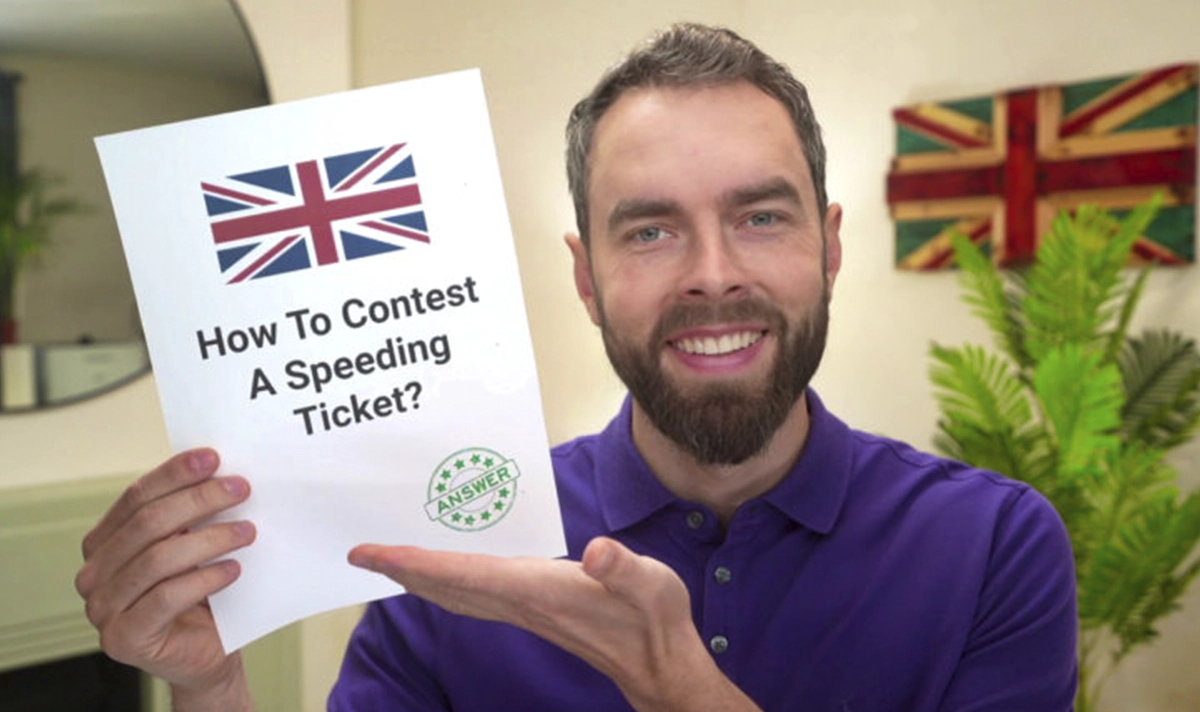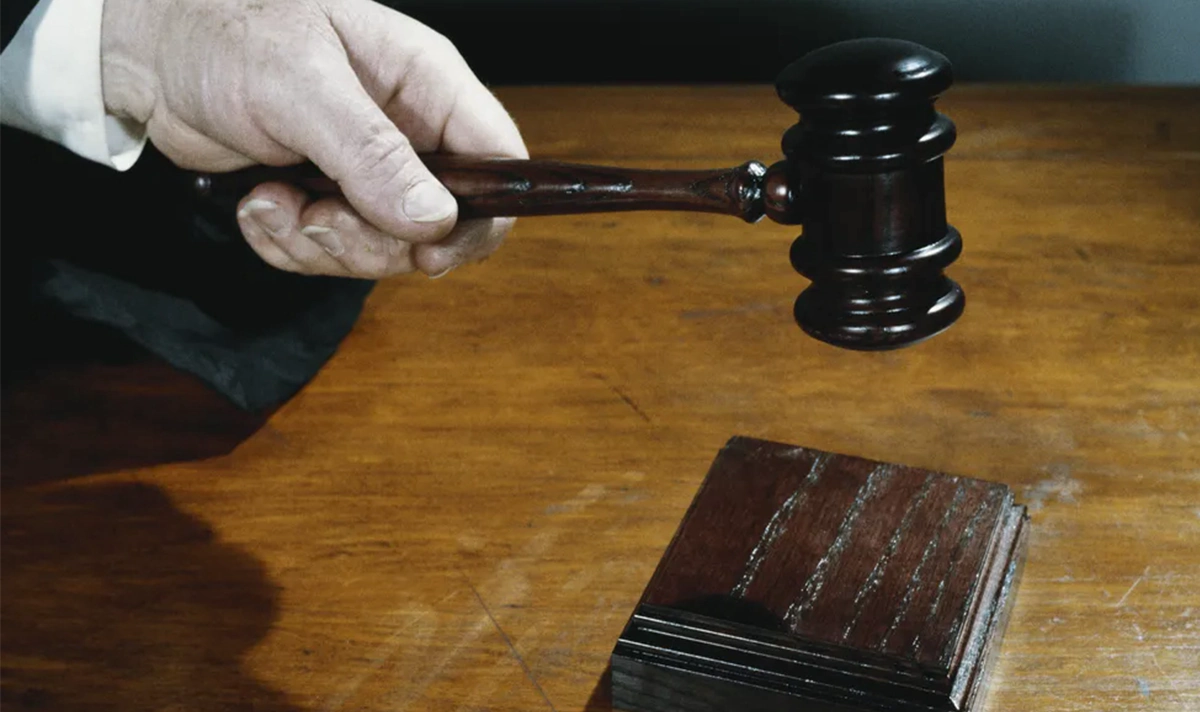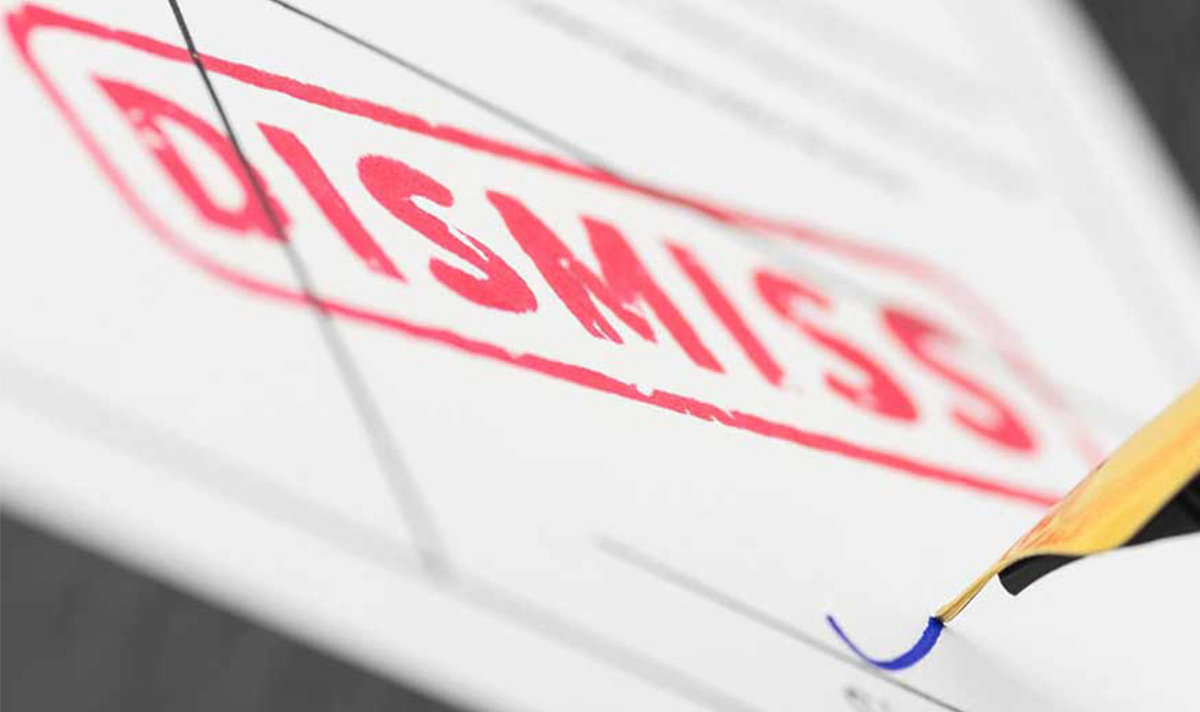Receiving a speeding ticket can be a frustrating and stressful experience, but it does not necessarily mean you have to accept the penalties that come with it. In Ontario, there are various ways to challenge a speeding ticket and potentially reduce or eliminate the fines, demerit points, and other repercussions. This comprehensive guide will help you understand the steps involved in fighting a speeding ticket, from the initial assessment to preparing your defence in court.
What Happens If You Get a Speeding Ticket
When you are issued a speeding ticket in Ontario, it typically outlines the details of your alleged offence, including the speed at which you were clocked, the speed limit of the area, the exact location, and the date and time of the incident. The ticket will also include the fine amount. In addition to these immediate consequences, a speeding ticket may lead to higher insurance premiums and, in severe cases, a suspension of your driver’s license.
When a speeding ticket is issued, you generally have three options:
- Pay the Fine: Paying the fine is an automatic admission of guilt. It leads to the demerit points being applied to your driving record, which can negatively impact your driving privileges.
- Request a Meeting with the Prosecutor: This involves asking for an early resolution meeting, where you may negotiate a reduction in the fine or demerit points. However, this does not guarantee that the ticket will be dismissed or the charges dropped.
- Fight the Ticket in Court: By choosing to fight the ticket, you plead not guilty and prepare to contest the charge in court. This option requires a strategic approach, proper preparation, and an understanding of Ontario’s traffic laws.
Preparing to Challenge Your Speeding Ticket
If you decide to challenge a speeding ticket, preparation is key. A well-prepared defence increases your chances of successfully contesting the ticket and avoiding the associated penalties.
Assess the Situation
Start by carefully examining all aspects of the situation:
- Review the Details on the Ticket: Ensure all the information on the ticket is accurate. Look for any errors in your personal information, the location, date, and time of the offence, or the recorded speed. Some mistakes might be grounds for dismissal.
- Understand the Specific Offence: Familiarize yourself with the exact charge you face. Know the difference between different speeding offences, such as those involving school zones or construction areas, which can carry heavier fines and more severe penalties.
- Consider the Circumstances: Reflect on the conditions at the time of the offence. Was the road poorly lit? Were there unclear or obscured speed limit signs? Were there adverse weather conditions? Such factors might provide a basis for your defence.
Gather Evidence
To effectively challenge a speeding ticket, you need to collect all relevant evidence that could support your case:
- Obtain Officer’s Notes: You have the right to request disclosure of the evidence against you, including the notes taken by the officer who issued the ticket. This can provide insight into their observations and the methods used to determine your speed.
- Collect Witness Statements: If there were any passengers in your vehicle or other witnesses to the incident, obtain written statements from them. These statements can be valuable in corroborating your version of events.
- Take Photographs: Photograph the location where the alleged offence occurred. Focus on elements that might have affected your ability to follow the speed limit, such as poor signage, road conditions, or construction zones.
- Gather Maintenance Records: If your speedometer was malfunctioning, obtain records proving the vehicle’s condition. This evidence might show that any speed reading was not accurate due to mechanical failure.
Legal Considerations
Understanding the legal framework is crucial when deciding to fight a speeding ticket. Consider seeking advice from a traffic paralegal or lawyer who is experienced in handling traffic violations. They can help you understand your rights, evaluate the evidence against you, and develop a tailored strategy to challenge the ticket effectively. Legal professionals may also assist in navigating the complexities of traffic court, ensuring that all procedural requirements are met.
How to Argue a Speeding Ticket?
When preparing your defence, consider various strategies to argue a speeding ticket effectively:
- Challenge the Accuracy of the Speed Measurement: One of the most common defences involves questioning the accuracy of the speed measurement. You can request evidence that the radar gun or laser used to measure your speed was properly calibrated and maintained. You may also challenge whether the officer was adequately trained to operate the equipment.
- Question the Officer’s Observations: Another strategy is to question the conditions under which the officer made their observations. For instance, was the officer’s view obstructed by other vehicles or objects? Was the road layout or the weather conditions such that it would have been difficult for the officer to make a reliable observation?
- Argue Necessity or Emergency: If you were speeding due to an emergency, such as rushing someone to the hospital, you might be able to argue that the circumstances warranted exceeding the speed limit. This defence relies heavily on presenting credible evidence to support your claim.
- Dispute the Officer’s Evidence: Analyze the officer’s notes and any evidence they provide for inconsistencies or inaccuracies. If the officer failed to follow proper procedure, such as not providing a clear and accurate account of the incident, you might argue that their evidence is unreliable.
- Highlight Ambiguities in Signage or Road Conditions: Argue that unclear or poorly placed speed limit signs led to an honest mistake. Present photographic evidence showing that signage was obscured or missing.
How to Fight a Speeding Ticket in Court?
To fight a speeding ticket in court, you will need to follow a structured approach:
- Request a Trial Date: Begin by notifying the court that you intend to contest the ticket. This usually involves submitting a form. Ensure you do this within the specified timeframe to avoid defaulting on the ticket.
- Prepare Your Case: Develop a clear, logical argument based on the evidence you have gathered. Organize your documents, witness statements, and any physical evidence, such as photographs or videos, to support your defense.
- Understand Court Procedures: Familiarize yourself with the courtroom process. Know when and how to present your evidence, how to address the judge, and how to cross-examine witnesses effectively.
- Cross-Examine the Officer: During the trial, you have the right to question the officer who issued the ticket. Use this opportunity to highlight any discrepancies or weaknesses in their testimony.
- Present Your Defense: Clearly state your case, supported by the evidence you have gathered. Remain respectful and composed throughout the court proceedings.
Possible Outcomes After Challenging a Speeding Ticket
When you decide to challenge a speeding ticket, several outcomes are possible:
- Ticket Dismissal: The court may dismiss the ticket if there are procedural errors, insufficient evidence, or successful arguments against the charge.
- Reduction in Penalties: Even if the ticket is not dismissed, the court might reduce the fine or the rate of speed.
- Full Penalty Enforcement: The court may uphold the ticket and impose the original penalties, which may include fines, demerit points, and court costs.
What Not to Do When Contesting a Speeding Ticket
Avoid these common mistakes when challenging a speeding ticket:
- Do Not Ignore Deadlines: Failing to meet deadlines, such as requesting a trial date, can result in losing your right to contest the ticket and being automatically found guilty.
- Do Not Provide Inconsistent Testimony: Be consistent in your statements. Contradicting yourself can harm your credibility and weaken your case.
- Do Not Argue Without Evidence: Unsupported claims or arguments without evidence will not be persuasive in court. Always back up your arguments with tangible evidence or credible testimony.
- Do Not Go Without Legal Representation: While it is possible to represent yourself, having a traffic paralegal or lawyer can significantly improve your chances of success. They can navigate legal complexities, challenge evidence effectively, and provide professional representation.
Get Legal Help From Traffic Paralegal Services
Challenging a speeding ticket on your own can be daunting. Traffic Paralegal Services is here to help you navigate the process of fighting a speeding ticket. Our knowledgeable team understands Ontario’s traffic laws in detail and knows the most effective strategies to defend your case, whether you’re dealing with a clocked speeding ticket or a more serious offence.
At Traffic Paralegal Services, we work diligently to reduce or eliminate the penalties associated with speeding tickets. Our goal is to always ensure that you get the best outcome possible. Visit our traffic paralegal services page to find out how we can assist you in defending against your traffic ticket.
Conclusion
Challenging a speeding ticket requires careful preparation, an understanding of traffic laws, and a strategic approach. By following these steps and seeking professional guidance, you can learn how to beat a speeding ticket and protect your driving record from the negative consequences of a traffic violation. Remember, preparation and understanding your rights are key when learning how to win a speeding ticket challenge in court.









Leave A Comment
You must be logged in to post a comment.